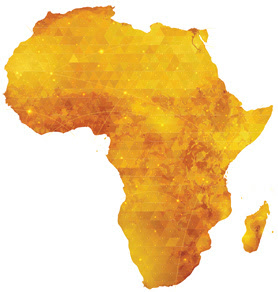 |
| (Photo: The Sun) |
The Organisation for Economic Cooperation and Development (OECD) and the World Bank Group, have agreed on high-level collaborations with Nigeria and other African countries to stop Illicit Financial Flows (IFF) in Africa.
The resolution was reached at the ongoing Platform for Collaboration on Tax (PCT) Conference at the United Nations in New York. Head of OECD Global Forum on Exchange of Information, Ms. Monica Bhatia, while disclosing this at the PCT Conference, said that automatic information sharing had been adopted as part of proactive steps to curtail the IFFs from the African continent to developed countries.
“The Sustainable Development Goals (SDGs) specifically says that we must significantly reduce illicit financial flows by the year 2030. A lot of efforts are ongoing to achieve this and support developing countries to end the IFFs,” Bhatia said.
Minister of Finance, Mrs. Kemi Adeosun, speaking at the conference, affirmed that the IFF was a problem that urgently requires global focus and actions towards the realisation of significant developmental progress for Nigeria and other developing countries.
“The IFFs are driven by the desire to hide illicit wealth, hide the proceeds away from the public eye and law enforcement agencies and also conceal the ways and means by which illicit wealth was created. This makes it difficult to trace the associated money flow.
“Developing countries, including Nigeria, collect significantly lower levels of tax, as a percentage of Gross Domestic Product (GDP), than wealthier States. This is partly because the income and wealth being created, is taken out of the country illegally, without being taxed,”she said.
Quoting the report of former South African President Mbeki’s High-Level Panel on IFFs, Adeosun said Africa loses $80 billion annually to IFFs, with a significant percentage of the loss coming from Nigeria.




